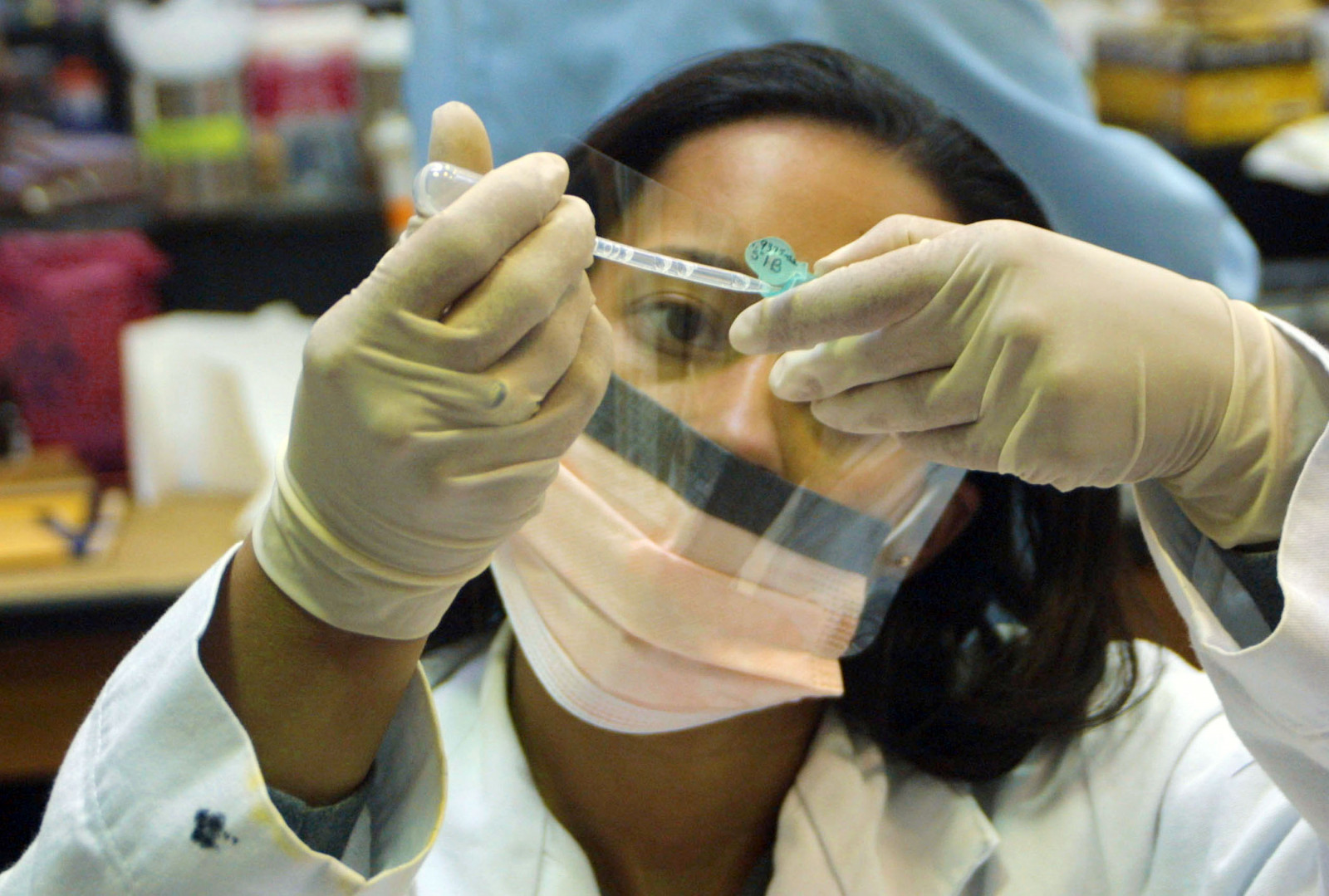
Africa is increasingly turning to science and international partnerships to strengthen forensic investigations, experts said Friday. At the 20th International Forensic Medicine Days in Antalya, Gambia’s Fa Kebba Darboe highlighted progress driven by determination rather than resources.
“Our journey in forensic development has been shaped not by abundance but by resilience and an unwavering commitment to truth,” he said. Darboe described forensic science as a necessity, safeguarding justice, strengthening the rule of law, and giving a voice to the voiceless.
He praised Türkiye’s forensic teams, calling collaboration with Türkiye, the EU, and the US crucial for technical support and long-term sustainability. The Gambia’s Forensic Unit has 50 officers, conducting crime scene response, fingerprint and DNA analysis, document examination, and medico-legal work.
The country launched its Automated Fingerprint Identification System in 2024, entering over 53,000 offenders, shifting investigations “from speculation to certainty.” Somalia faces persistent challenges, including weak infrastructure, limited funding, and shortages of trained forensic specialists, experts said at the conference.
Yasin Ibrahim, adviser to Somalia’s Ministry of Justice, said fragile forensic capacity erodes public trust in formal justice mechanisms across Africa. Despite setbacks, Somalia looks to Türkiye as a strategic partner, signing judicial cooperation agreements and memorandums to enhance forensic training and infrastructure.
Col. Muhidin Osman noted Somalia lacks advanced DNA facilities, sending samples to South Africa, delaying results up to three months and weakening court cases. Somalia’s priorities include establishing a nationally accredited DNA laboratory, providing advanced training, and strengthening international forensic partnerships to close capacity gaps.
Attendance at this year’s Antalya event rose to 780 participants from 27 countries, compared with 600 from 19 countries last year, organisers said. Experts say science and global collaboration are increasingly vital to ensure justice, accountability, and effective law enforcement across Africa.
